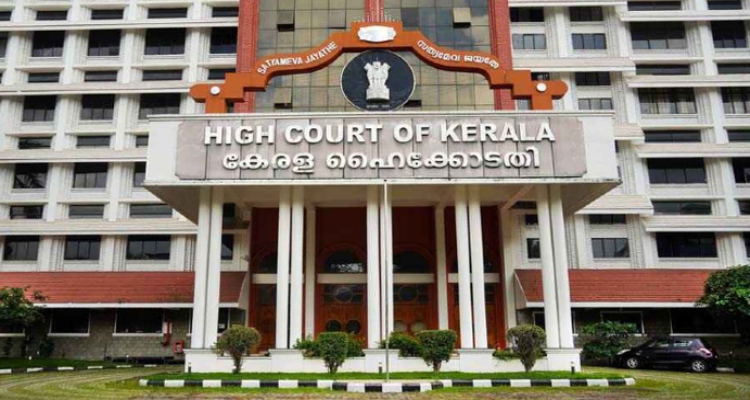
The Kerala High Court has issued a directive stating that no illegal religious structures should be allowed on government land, regardless of the faith.
The Court emphasized that God is omnipresent, residing within the bodies of believers, their dwellings, and everywhere they go. Therefore, believers are not required to encroach upon government land for constructing religious edifices. Instead, such land should be allocated to the landless and utilized for the benefit of humanity. Justice P V Kunhikrishnan remarked that in such circumstances, God would be more pleased and bestow blessings upon all believers.
The court’s directions and observations stemmed from a plea by the Plantation Corporation of Kerala Ltd, seeking instructions to the state government, police, and Pathanamthitta district authorities to identify leased properties and expel encroachers.
Illegal Religious Structures
Granting the Corporation’s plea, the court instructed authorities to identify leased properties and promptly remove all encroachers, including illegal religious structures, from government land within six months. It also mandated the Chief Secretary to task District Collectors with investigating the presence of unauthorized religious structures on government land within six months of receiving orders.
Upon discovering illegal religious structures, Collectors, with police assistance, were directed to remove them within six months of the investigation, after affording affected parties a hearing.
Additionally, the court demanded a report on the implemented actions within a year.
Emphasis on Communal Harmony
Stressing communal harmony as essential for the nation’s strength, the court underscored the importance of adhering to the Constitution’s principles.
Justice Kunhikrishnan highlighted the right of every religious denomination to establish institutions for religious and charitable purposes but cautioned against actions fostering communal discord.
Concerns Raised
The Corporation argued against religious encroachment on its properties, citing law and order challenges. It noted the erection of small temples by workers near their accommodations, leading to tensions with local residents.
The court condemned the emergence of illegal structures under the guise of religious worship, warning against the potential for religious disharmony in a state renowned for its diverse religious landscape.




